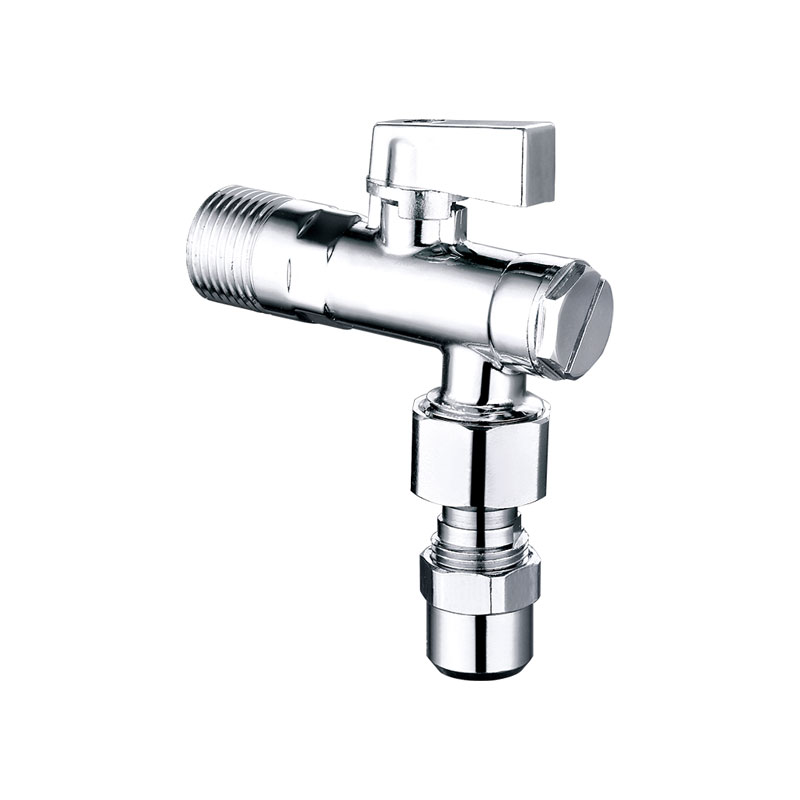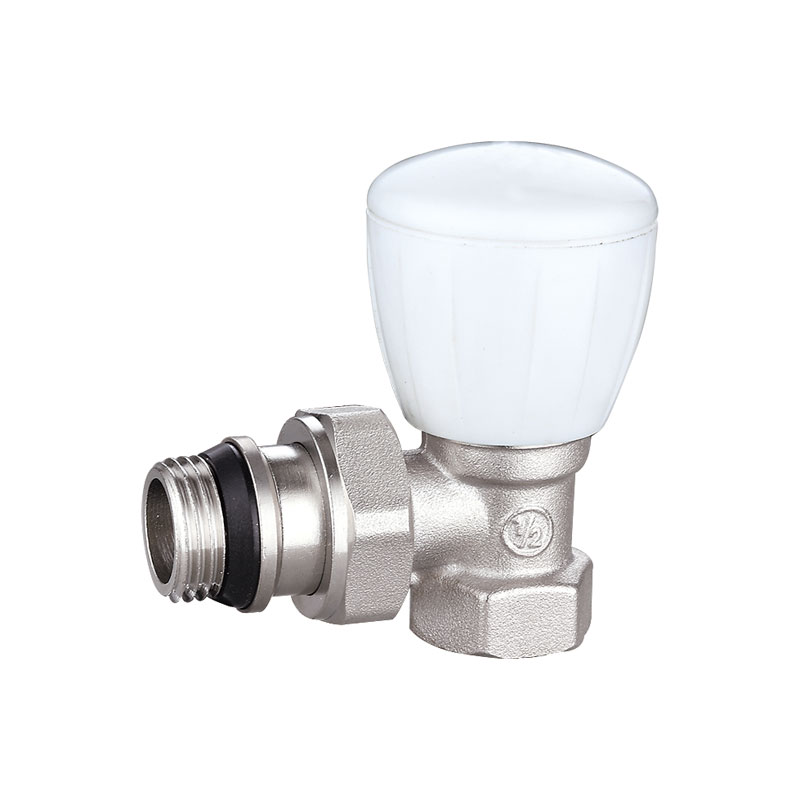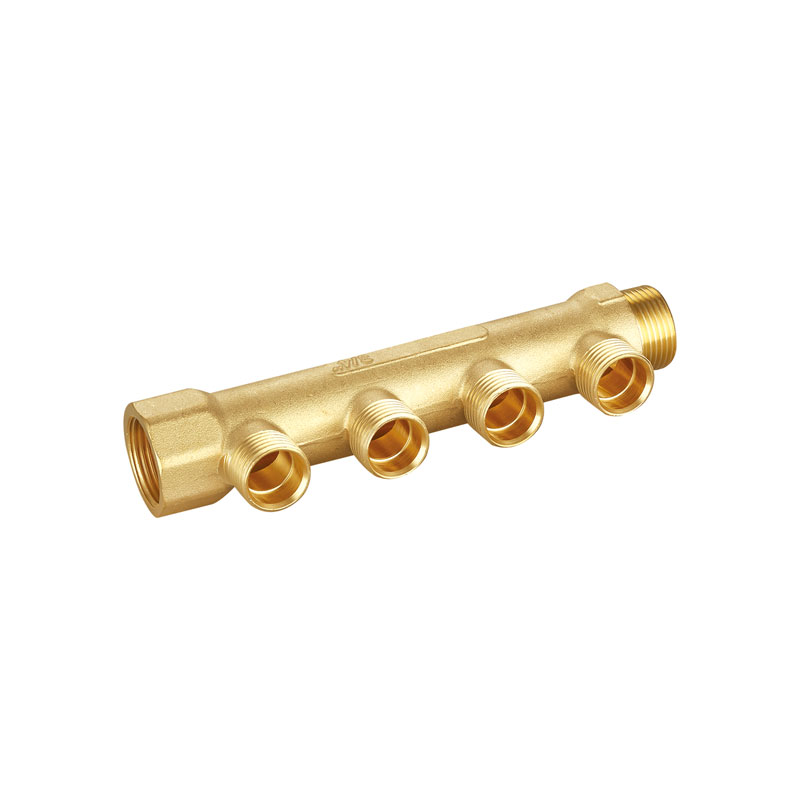In the world of fluid control, whether in plumbing systems or industrial applications, valves are essential components that ensure efficient operation and safety. Among the various types of valves, the brass angle valve has become a popular choice due to its durability, corrosion resistance, and versatility. These valves are critical in regulating the flow of water, gas, and other fluids across a wide range of systems, from residential plumbing to complex industrial processes. As industries and infrastructure evolve, the demand for high-performance valves like the brass angle valve continues to rise.
What is a Brass Angle Valve?
A brass angle valve is a type of shut-off valve that is commonly used to control the flow of fluid in plumbing and industrial systems. It features a distinctive design, with the inlet and outlet ports set at a 90-degree angle to one another. This unique configuration allows for a more compact installation, especially in confined spaces or areas where straight-through valve types may not fit.
Made from high-quality brass, these valves are highly resistant to corrosion, making them ideal for use in systems that handle water, gas, or other fluids that could cause damage to other materials. Brass angle valves are available in a range of sizes and designs, offering flexibility for a variety of applications, from residential and commercial plumbing to industrial systems like HVAC, oil and gas pipelines, and more.
Applications of Brass Angle Valves
Residential and Commercial Plumbing Systems Brass angle valves are commonly found in residential and commercial plumbing systems, where they control the flow of water in faucets, dishwashers, toilets, and other fixtures. These valves are designed to provide easy access for shutting off the water supply when necessary, such as during repairs or maintenance. Their compact design allows them to be installed in tight spaces, such as under sinks, where space is often limited.

In addition to residential use, brass angle valves are also extensively used in commercial buildings, including hotels, office complexes, and restaurants. Their reliability and long-lasting performance make them a preferred choice for managing water flow in high-demand environments.
Industrial Fluid Control Brass angle valves are indispensable in various industrial applications, where they help manage the flow of fluids in manufacturing, HVAC (Heating, Ventilation, and Air Conditioning) systems, and process industries. For instance, in HVAC systems, these valves control the flow of refrigerants and cooling agents, ensuring the proper operation of air conditioning units and industrial cooling systems.
In industries like oil and gas, pharmaceuticals, and food processing, brass angle valves regulate the flow of various chemicals, gases, and liquids. Their resistance to corrosion and ability to handle high pressures make them particularly well-suited for these demanding environments. In applications where contamination must be avoided, brass angle valves offer an ideal solution due to their non-reactive properties.
Automated Systems and Control Panels Brass angle valves are also widely used in automated fluid control systems. These systems often rely on precise valve control to ensure consistent fluid flow and pressure regulation. Brass angle valves can be integrated into automated control panels, where sensors and actuators monitor the system and adjust the valves accordingly.
Such automated systems are critical in industries like water treatment, chemical manufacturing, and power generation, where consistent and reliable fluid management is essential for maintaining system performance.
Irrigation and Agricultural Systems In agricultural applications, brass angle valves play a vital role in controlling the flow of water in irrigation systems. These valves are used in both large-scale irrigation systems and smaller, localized systems, where they help regulate the distribution of water to crops. Their durability and resistance to environmental factors, such as exposure to sunlight and temperature fluctuations, make them ideal for agricultural use.
Whether in greenhouses, farms, or landscape irrigation systems, brass angle valves ensure that water is efficiently distributed to plants and crops, contributing to better water conservation and resource management.
Benefits of Brass Angle Valves
Durability and Longevity Brass is a robust material that is highly resistant to corrosion, rust, and wear, making it ideal for fluid control applications. Brass angle valves are able to withstand exposure to harsh environments, including high humidity, temperatures, and the presence of aggressive chemicals. This durability ensures that the valves remain operational for years, reducing the need for frequent replacements and minimizing maintenance costs.

 languages
languages

 English
English русский
русский












